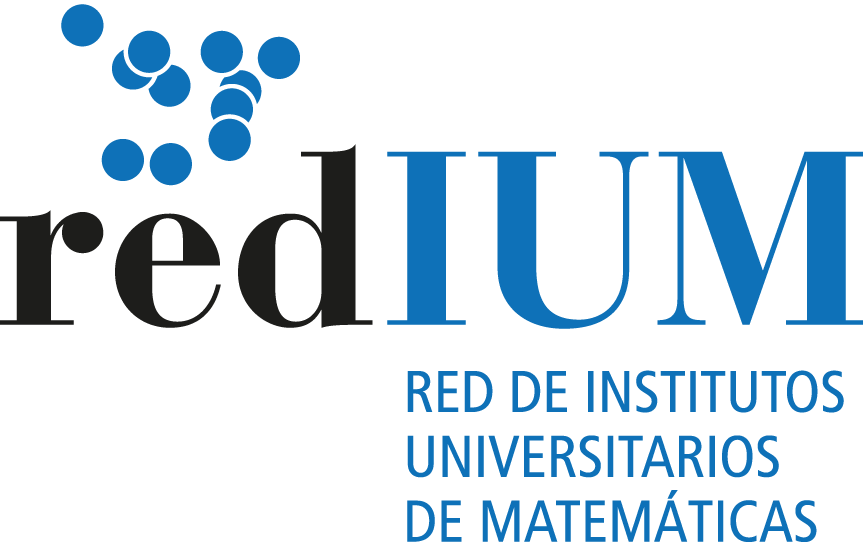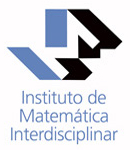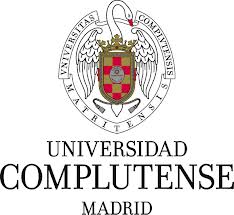- Programmes
Mathematics and Quantum Information
Brief description:
Quantum technologies emerge nowadays as one of the most promising technologies for the near future. With the common denominator of being based in the use of quantum effects, they cover fields like computing, cryptography, metrology, sensing, chemistry, material science, pharmacology, comunication or simulation
Many of these quantum technologies, involve a small number of parties (quantum systems) collaborating to achieve a common goal. The central concept which captures the essence of the quantum versus classical advantage is entanglement. The presence of entanglement allows to create correlations without any classical explanation, giving rise to e.g. true randomness, device-independent cryptography, or exponential gains in communication complexity.
In this project, we will focus on these scenarios from a mathematical perspective, with two leading objectives:
1- Develop the mathematical tools to analyse entanglement in quantum systems.
2- Use these tools to go far beyond the state of the art in the understanding of entanglement, its applications and structure in quantum systems.
Researchers:
Ignacio Villanueva (Proffessor, Faculty of Mathematics, UCM)
Carlos González Guillén (Assistant Proffessor, Departamento de Matemáticas del Área Industrial, UPM)
Carlos Fernández González (Assistant Proffessor, Departamento de Física Interdisciplinar, UNED)
External Collaborators:
David Pérez García (Proffessor, Faculty of Mathematics, UCM)
Carlos Palazuelos Cabezón (Profesional Contratado Ramón y Cajal, Faculty of Mathematics, UCM)
Julio de Vicente (Assistant Proffessor, Escuela Politécnica Superior, Universidad Carlos III de Madrid)
Cecilia Lancien (Professional Contrato Post-doctoral ERC, Faculty of Mathematics, UCM)
Patricia Contreras (Professional Predoctoral student, Faculty of Mathematics, UCM)
Aleksander Marcin (Professional Predoctoral student, Faculty of Mathematics, UCM)
Angela Capel (Professional Predoctoral student, Faculty of Mathematics, UCM)
José Garré (Professional Predoctoral student, Faculty of Mathematics, UCM)
Abderramán Amr (Professional Predoctoral student, Faculty of Mathematics, UCM)
Expected Results:
In our e-society, the demand of cyber-security is becoming a serious issue. Current public key cryptosystems may have a caducity date due to quantum attacks, so new proposals with a higher lever of security become necessary. Among those, the so called device-independent quantum cryptography seems to capture the desired degree of security. However, despite big efforts, it is still a long way before being of practical use. One of the main reasons, both for its success and its difficulty in becoming a reality, is the fact that it is based on one of the most intriguing quantum effects: non-locality.
This project will push the mathematical analysis and understanding of quantum non-locality to the next step, opening a door to new improvements and protocols in device independent cryptography and also in other topics related to non-locality, like communication complexity or complexity theory.
Related also to quantum technologies, exotic new materials based on quantum effects will form the substrate of some of the future technologies. In order to systematically investigate the potential of such exotic materials, it is important to fully understand the physics of the underlying phases, and to systematically explore all possibilities allowed by the laws of quantum physics.
This project will develop a mathematical framework for the analytical systematic study of most exotic materials and will apply it to characterize and explore their properties. This will pave the way towards the development and demonstration of novel materials based on quantum phenomena.
- Last News
- Tribuna Complutense. En la ciencia y en la vida, todo está escrito en matemáticas (artículo sobre el curso de verano "Matemáticas ¿para qué?"). 3rd July 2017. Read more
- RedIUM
 IMI is a member of RedIUM, Red de Institutos Universitarios de Matemáticas. See List of members. See official website.
IMI is a member of RedIUM, Red de Institutos Universitarios de Matemáticas. See List of members. See official website. - Ph.D. programsIMI researchers are currently involved in the following Ph.D. programs in Mathematics:


